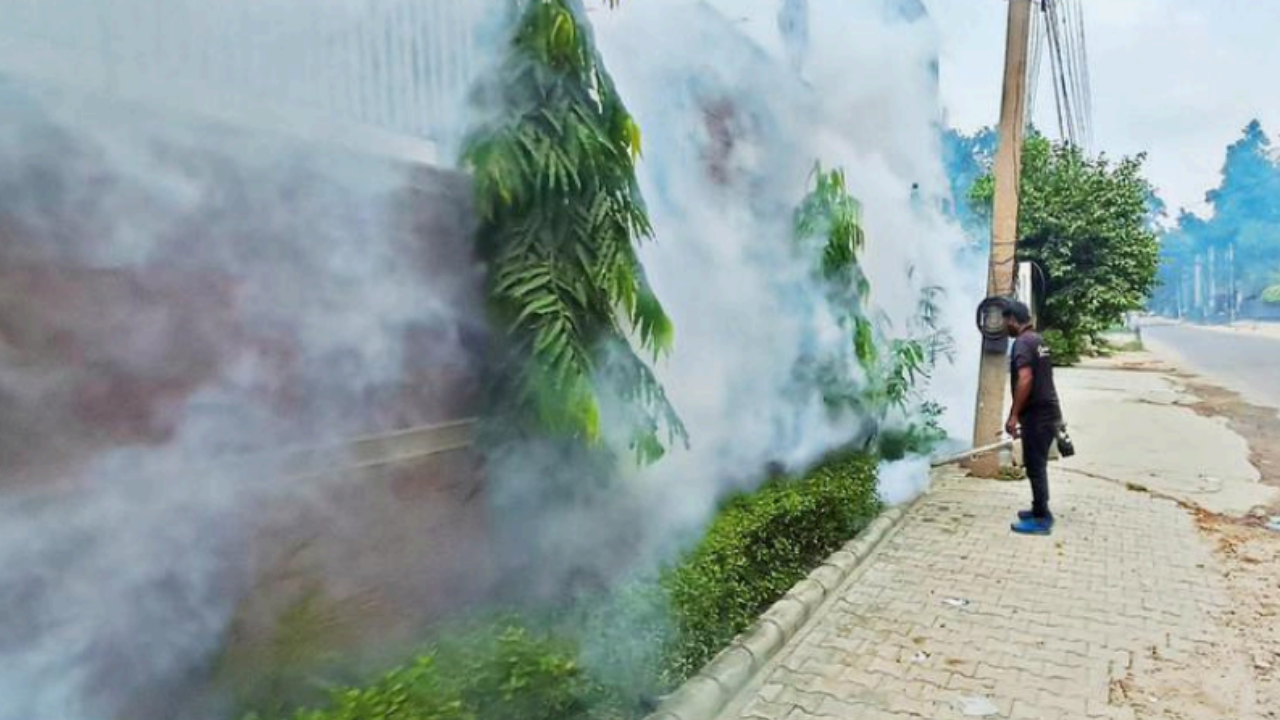[ad_1]
The maximum cases have been from Rohtak (105), followed by Jind (95), Yamunanagar (79) and Rewari (74). There are currently 54 dengue patients admitted in hospitals across the state.
The health department on Monday conducted meetings with local leaders in rural areas of Gurgaon on preparedness and reporting of dengue and other vector-borne diseases. They were sensitised about the symptoms and the dos and don’ts of the infection, officials said.
Last year, the city recorded 440 cases, while in 2021, there were 327 dengue cases and one death in Gurgaon. The city had seen the highest number of cases in 2015, when 451 people were infected. The figure stood at 86 in 2016, 66 in 2017 and 93 in 2018. While 22 cases were reported in 2019, 51 cases were recorded in 2020.
According to health officials, people should prevent accumulation of stagnant water, which leads to mosquito breeding. “People should clean out water in their homes as well as in the neighbourhood. We are carrying out fever surveillance to detect cases at the earliest so that treatment can be initiated in time,” said Dr Virender Yadav, the chief medical officer.
The health department has mapped out dengue hotspots, which include areas like Wazirabad, DLF 1 and 4, sectors 12A, 21A, 39, 45, 47 and 52, Palam Vihar, Basai, Kanhai colony, Sirhaul village, Dharam Colony, Udyog Vihar 1 and Jharsa village. Health teams are carrying out screening and fogging in these areas.
Dr Rajiv Dang, medical director and head (internal medicine) at Max Hospital, said, “The number of cases is certainly on the rise, but it is not such a significant number. Preventive steps such as avoiding water collection, using mosquito repellents and wearing full clothes to prevent mosquito bites are vital.”
[ad_2]
Source link


